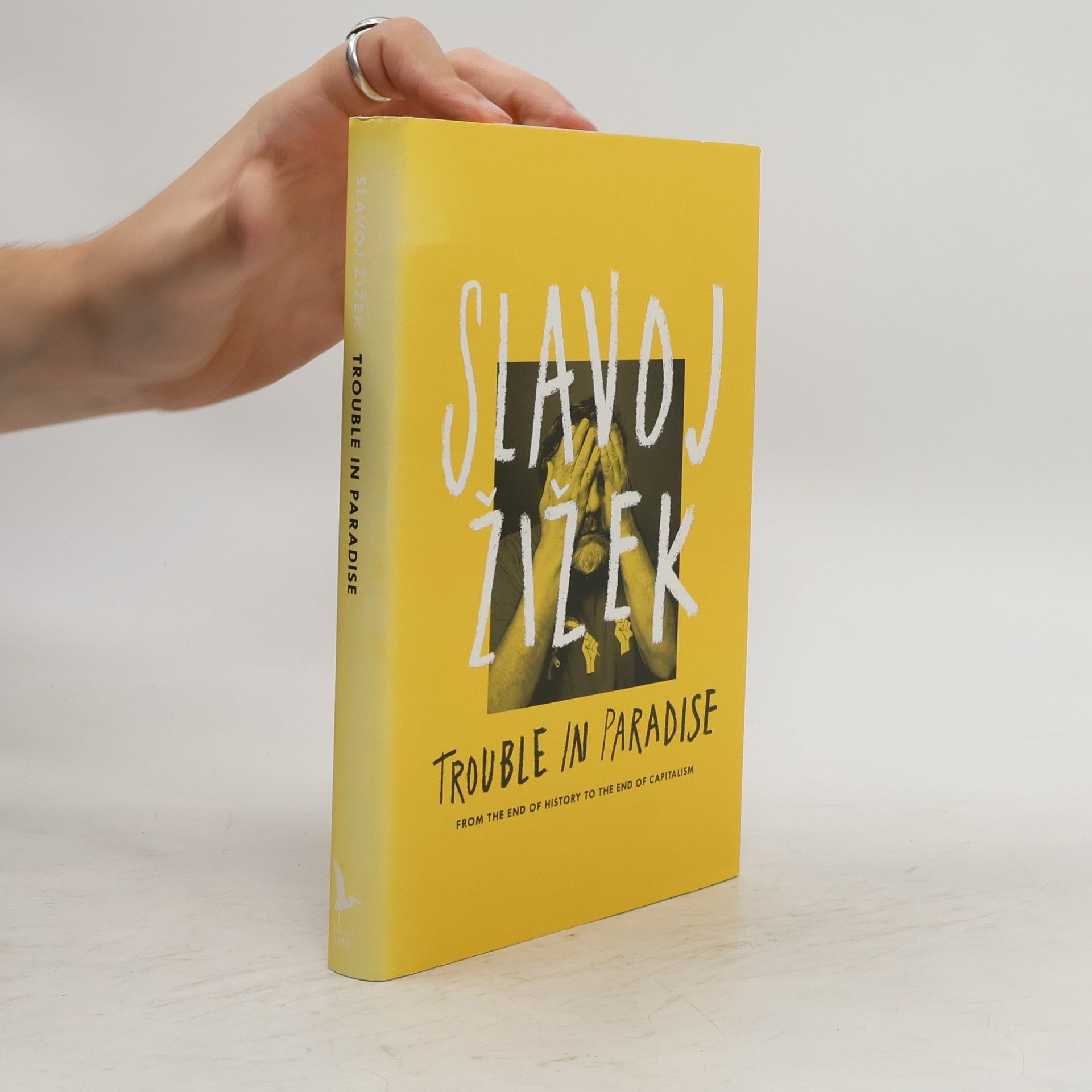Parametre
- 233 stránok
- 9 hodin čítania
Viac o knihe
In a world rife with crises, we often accept capitalism as the best possible system, viewing alternatives like equality and democracy as dull or dangerous. Slavoj Zizek challenges this notion, arguing that capitalism offers a bleak future masked as constant change. He posits that the struggle for emancipation is the boldest endeavor we can undertake. Drawing from diverse references, including music videos and philosophical giants like Marx and Lacan, Zizek critiques the capitalist system and warns of the dire consequences of inaction. He emphasizes the need for radical change and highlights new heroes such as Julian Assange, Chelsea Manning, and Edward Snowden, urging us to break free from ideological constraints. The stakes are high; without this shift, we risk a society filled with metaphorical zombies and vampires. Zizek's provocative insights reveal the contradictions of contemporary capitalism, making him a pivotal figure in modern thought. His engaging, sometimes chaotic prose captivates readers, providing a compelling call to action against complacency in the face of systemic failures. The urgency of his message resonates, reminding us that true progress requires daring imagination and a willingness to challenge the status quo.
Nákup knihy
Trouble in paradise: from the end of history to the end of capitalism, Slavoj Žižek
- Jazyk
- Rok vydania
- 2014
- product-detail.submit-box.info.binding
- (pevná)
Doručenie
Platobné metódy
Tu nám chýba tvoja recenzia


